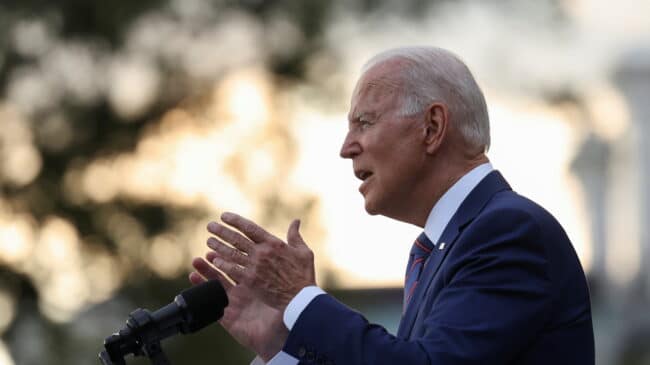The Biden Administration may soon join the Trump and Obama administrations in their support for occupational licensing reform. President Joe Biden is expected to sign an executive order that would promote labor market competition through a number of reforms, including an attempt to ban “unnecessary” licenses.
An occupational license is essentially a government-issued permission slip to enter into certain occupations. To obtain a license, workers are generally required to complete lengthy training requirements, pass exams, and pay fees. Occupational licensing is presented as a way to protect consumers, but most research indicates that licensing has little or no effect on quality or safety.
Instead, economists broadly consider occupational licenses to be anti-competitive. Rather than protecting consumers, licensing can often serve to protect incumbent workers against competition from new entrants. The anticompetitive effects of occupational licensing can result in higher wages among licensed workers, but at the cost of higher prices for consumers.
Moreover, burdensome requirements can lock many workers out of licensed occupations. Research shows this effect is particularly detrimental among lower-income workers, military spouses, and former criminal offenders.
Recognizing these problems, a growing number of lawmakers and stakeholders across the political spectrum have supported occupational licensing reform in recent years. While most authority over licensing rules lies with states, there have been bipartisan efforts for reform at the federal level.
In 2015, the Obama administration released a report that compiled research on the effects of licensing and outlined a framework for reform. Specifically, the Obama administration report concluded that while licensing can be beneficial in some cases:
“the practice of licensing can impose substantial costs on job seekers, consumers, and the economy more generally. This is particularly true when licensing regulations are poorly aligned toward consumer protection and when they are not updated to reflect a changing economy.”
President Barack Obama later issued a Presidential Memorandum aimed at preventing former criminal offenders from being unfairly denied federally-issued licenses. The Obama administration also provided funding for state-level reform efforts.
President Donald Trump followed up with an executive order in late 2020 that encouraged states to enact licensing reforms and outlined several principles for reform. Broadly, the order encouraged states to eliminate unnecessary licenses, reduce overly burdensome licensure requirements, recognize licenses issued by other states, and make special considerations for military spouses and individuals with criminal records.
On the campaign trail, now-President Biden promised to “put an end to unnecessary occupational licensing requirements.” His campaign website stated that:
While licensing is important in some occupations to protect consumers, in many occupations licensing does nothing but thwart economic opportunity. If licensed workers choose to move to new states for higher-paying jobs, they often have to get certified all over again. As president, Biden will build on the Obama-Biden Administration’s efforts to incentivize states to reduce unnecessary licensing requirements and to ensure licenses are transferable from one state to the next.
It now appears President Biden may soon make good on that promise through an executive order. According to The New York Times, “The White House is planning to release an executive order on competition policy,” including several provisions aimed at increasing labor market competition. The order will reportedly encourage the Federal Trade Commission to ban “unnecessary” licensing restrictions.
The exectuive order is also expected to address non-compete agreements, corporate mergers, and the ability of employers to share information on worker pay.
The efficacy of the order will likely depend on what regulatory authorities decide to do. As noted, most occupational licensing requirements are determined at the state level, so federal authority is limited and may encounter legal challenges.
Nonetheless, the Biden administration’s effort is admirable and signals continued bipartisan support for occupational licensing reform. Any potential progress at the federal level would be welcome, and state lawmakers will have further reason to view licensing reform as a rare opportunity to work across the aisle to improve the lives of working Americans.

